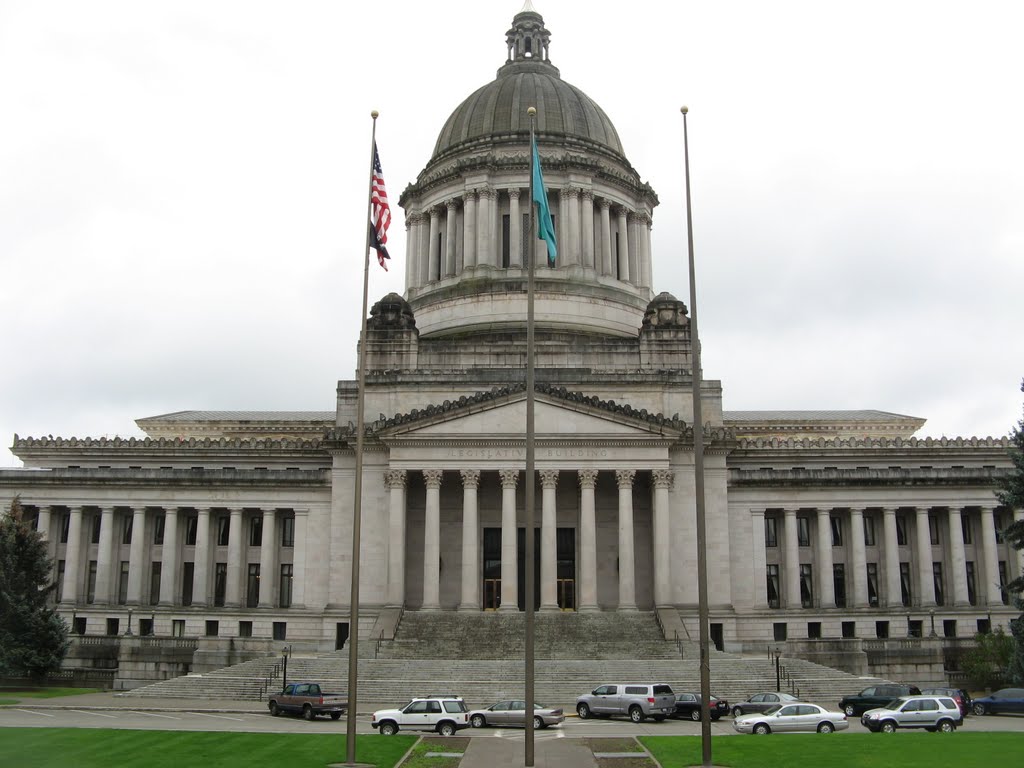The Democrat-controlled state House did not introduce its version of the 2015-17 state budget by the agreed upon deadline yesterday, March 23. In fact, House Democrats are only expected to introduce their state budget this Friday. Executive action is scheduled for this Saturday.
Given the delay, it is clear Democrats are not concerned with wrapping up the 2015 legislative session on time… or with abiding by basic budget rules. As Shift reported last week, Republican state Sen. Andy Hill issued a primer (Windows Into The Budget) on what an honest budget looks like, with two key budget rules to live by. It’s what taxpayers have a right to expect when lawmakers develop budgets, and it’s what Democrats have already failed to do in developing the 2015-17 state budget.
Hill pointed out that most basic principle for lawmakers to live by when developing a budget is holding to a deadline. The 2015 legislative session is scheduled to wrap-up by April 26th. In order to ensure the Legislature adjourns on time, it was vital Democrats introduce and pass their budget by the agreed on deadline so that the state Senate could follow-up “shortly thereafter.” Hill wrote, “This timeframe allows adequate time for the two sides to resolve the differences between the budgets and adjourn on time.”
Unfortunately, House Democrats have already failed to live by the first basic principle of a responsible budgeting. That fact is bound to set the Legislature back—inevitably prolonging the negotiation process. And, as Shift reported, the negotiation process is already destined to be protracted and contentious. The Republican-controlled state Senate and the Democrat-controlled state House will likely battle on budget issues including a state capital gains income tax and state employee pay hikes (Democrats are expected to include both measures in their budget).
The contention arises from what Republicans versus Democrats value as budget priorities. Democrats have placed their best efforts toward satisfying special interests. Specifically, following their lead from Jay Inslee, Democrats have pushed for pricey state employee pay hikes, valuing the pay raises above education spending. Democrats rely on disproven claims to justify their state employee spending priorities. But, that’s not all. As Shift reported, Democrats have signaled that they value special interest funding quite a lot more than education.
On the other hand, Republicans have proved time and time again their commitment to—first and foremost—meeting the spending criteria set by the state Supreme Court’s McCleary decision to fully fund K-12 education. During the last two legislative sessions, with Senate controlled by the Majority Coalition Caucus (MCC) and Republican leadership, the state budget has prioritized education over non-education spending at a 4:1 ratio for the first time in 30 years. That’s all without raising taxes. Republicans have already demonstrated their commitment to continuing their efforts to not only prioritize education spending, but to improve it during this legislative session.
Democrats will do more damage to the prospect of passing a budget on time if, when they finally introduce their budget, it is not complete. Hill emphasized the importance of each chamber passing “a complete budget, meaning not only the budget (spending) bill but also the bills necessary to implement the budget” as his second key rule.
Republican Senate Majority Leader Mark Schoesler recently stated, “We’ll be happy to debate tax increases if the House is willing to pass them. But as our budget chairman, Andy Hill, observes, an unbalanced spending proposal doesn’t count. Our side won’t play with funny money, and we expect the same from the other team.”
“Olympia parlance labels these separate bills that make up the budget “Necessary to Implement the Budget” or NTIB. These bills include not just the spending allotments, but the necessary finance and revenue changes required by the spending allotments. It is not a real budget to simply pass a spending plan — you must also pass the changes in law assumed in the budget.
“Why does this matter? Simply put, unbalanced budgets don’t count. A budget that assumes taxes, but doesn’t pass the stand-alone tax bill that would finance that level of spending is not a real budget. Likewise, a budget that assumes spending cuts but doesn’t pass the stand-alone bills that makes those changes in law is not a real budget.”
Shift will keep you updated on Democrats’ budget progress—particularly, whether or not Democrats will manage to hold to—at the very least—the second rule of responsible budgeting. As Hill stressed, a budget is “not complete just because the spending plan is passed.” For a complete, true budget that is able to commence negotiations, “the bills necessary to make that budget work must also be passed.”




